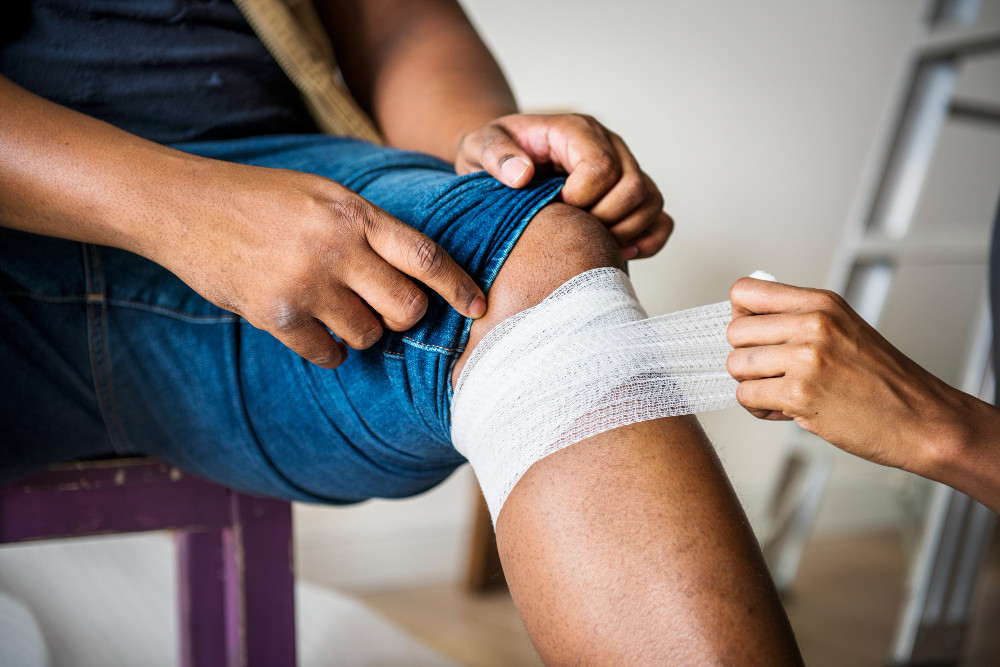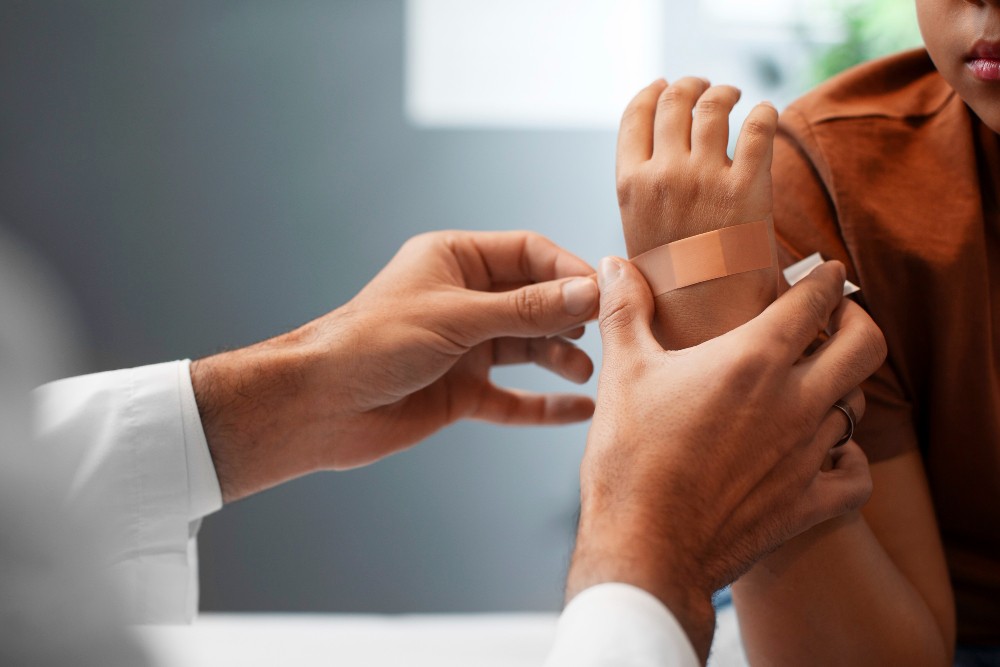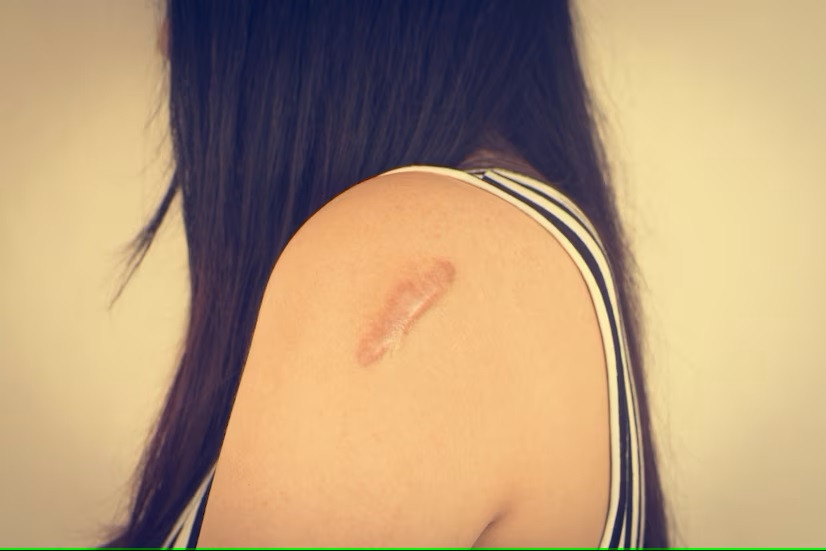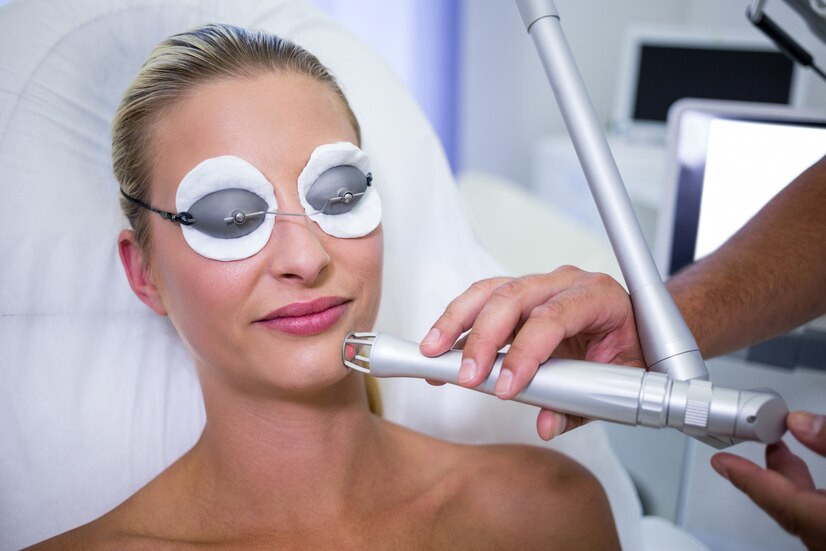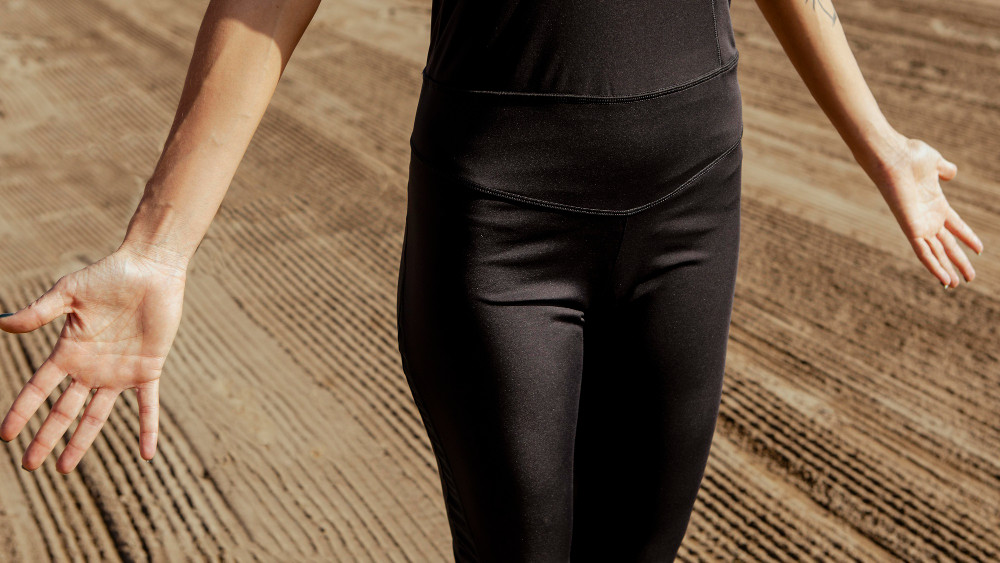The wound healing process typically lasts for 6–8 weeks, with the precise duration dependent on the dimensions of the wound in terms of both width and depth. Nevertheless, in certain cases, wounds may take a longer time to heal. A number of factors, including the condition of the wound and the patient's overall health, might contribute to a prolonged healing time for a wound.
Causes of delayed wound healing
The causes of delayed wound healing can be complex, including various factors such as:
Infection
Infected wounds require a longer period of time to heal. Infection may result from the growth of bacteria in the area of the wound. Indicators of an infected wound include:
- Redness or discoloration and warmth around the wound
- Swelling and inflammation
- Festering wounds
- Fever and flu-like symptoms
Read more: Types Of Acne Scar Wounds And How To Overcome Them
Blood circulation blockage
Oxygen and other nutrients are necessary for the healing of wounds at every phase. Problems with blood circulation, which transports oxygen and nutrients, may delay the healing of wounds. Blood flow disorders may result from cardiac issues as well as occluded, weakened, or narrowed blood vessels that block blood flow.
Nutritional deficiency
During the process of wound healing, essential nutrients are required for the repair of tissues, including protein, vitamins A, C, and D, minerals like iron and zinc, and antioxidants. Inadequate levels of specific nutrients might lead to a delay in the healing process of wounds.
Chronic diseases
Certain chronic health conditions, such as diabetes, could delay the process of wound healing. Uncontrolled diabetes may block blood circulation, resulting in reduced oxygen and nutrition supply to the wound area. Diabetes can also lead to the development of diabetic neuropathy, a condition that delays the healing process of wounds.
Additional chronic diseases that delay the process of wound healing include:
- Cancer
- Untreated HIV infection
- Atopic dermatitis
- Immunological genetic disorders
- Obesity
- Chemotherapy treatment due to chronic diseases such as cancer and lupus can also cause delayed wound healing
Read more: The Severity Rate Of Burns, This Is The Distribution Of Levels And Characteristics
A bad lifestyle
Unhealthy behaviors such as excessive alcohol consumption and smoking might delay the healing process of wounds. The presence of nicotine and other harmful substances in cigarettes may restrict the flow of blood and the delivery of oxygen to injured tissue.
Inappropriate wound care
The duration of the healing of a wound can be dependent on how you treat it. The following are a few recommendations for wound care:
- Take breaks as required and don't put any pressure on the injured area
- Follow the doctor's advice regarding dressings and sutures
- Don't touch the wound
- Avoid the use of alcohol and tobacco
Tips for managing wounds to support rapid recovery
Effective wound treatment has the potential to influence the process of wound healing. Here are the methods that experts advise for treating wounds:
- Before caring for wounds, it is important to wash your hands in order to prevent the risk of infection.
- Stop bleeding. In minor wounds, bleeding might stop on its own. Press a clean bandage on the wound to stop the bleeding.
- Use water to clean the wound. Avoid using soap on the wound directly while cleaning the area surrounding it with soap. Using alcohol-sanitized tweezers, remove any dirt from the wound.
- Keep the area moist by applying antibiotic ointment or petroleum jelly.
- Apply a bandage to the wound. But if it's only a little scratch or abrasion, there's no need to cover it. When the bandage covering the wound gets wet or dirty, change it.
Wound care practices are important, but additional factors, such as a healthy diet, also play a role in the healing process. Consume more protein, vitamin A, vitamin C, and zinc to dry and heal wounds more quickly. If you have questions about wound care, you can either visit a doctor or make use of the consultation features that are available in the Ai Care application by downloading the Ai Care application from the App Store or Play Store
Looking for more tips and tricks for health, first aid, and home remedies? Click here!
- dr. Alvidiani Agustina Damanik
Brazier, Y. (2024). Why is my wound taking so long to heal?. Available from: https://www.medicalnewstoday.com/articles/slow-wound-healing
Cleveland Clinic. What To Eat When You’re Trying to Heal. Available from: https://health.clevelandclinic.org/foods-to-help-healing
Villines, Z. (2023). How does diabetes affect wound healing?. Available from: https://www.medicalnewstoday.com/articles/320739
Iftikhar, N. (2019). What to Expect During the 4 Stages of Wound Healing. Available from: https://www.healthline.com/health/skin/stages-of-wound-healing
Watson, S. (2023). How Does My Wound Heal, and How Do I Treat It?. Available from: https://www.webmd.com/first-aid/ss/slideshow-how-does-your-wound-heal

